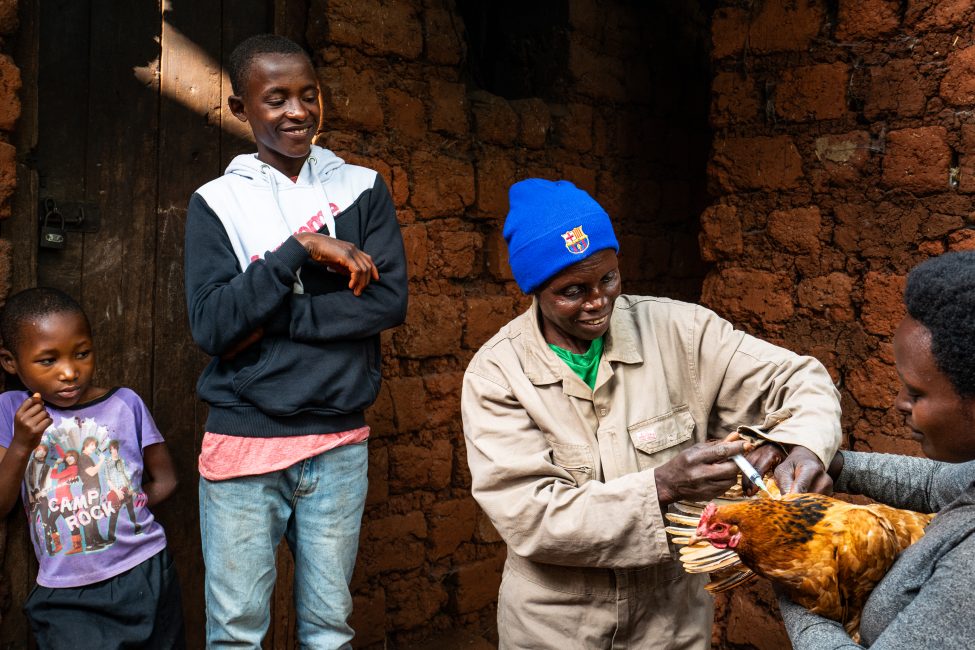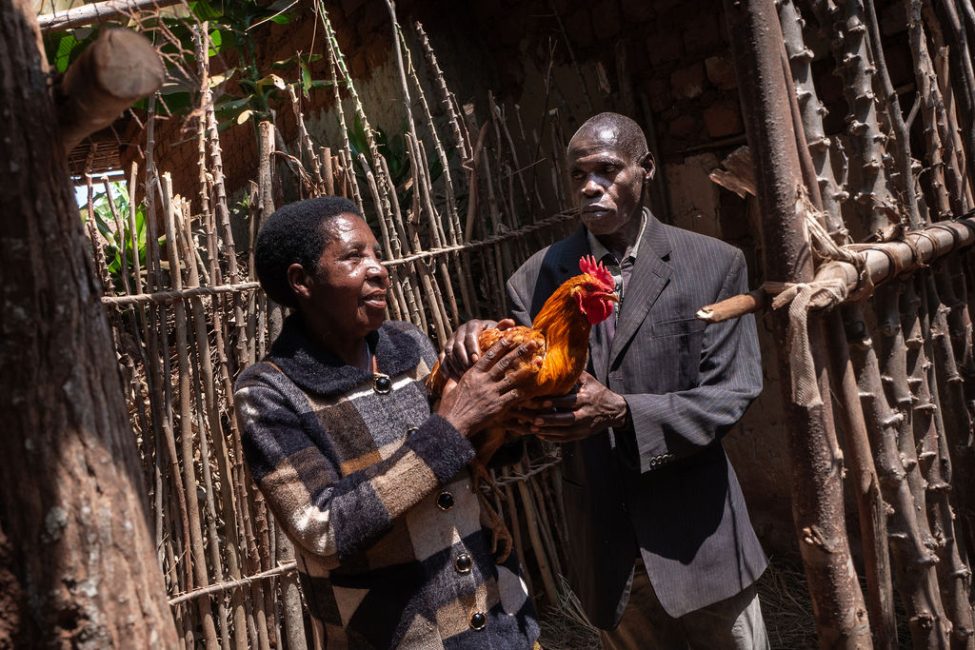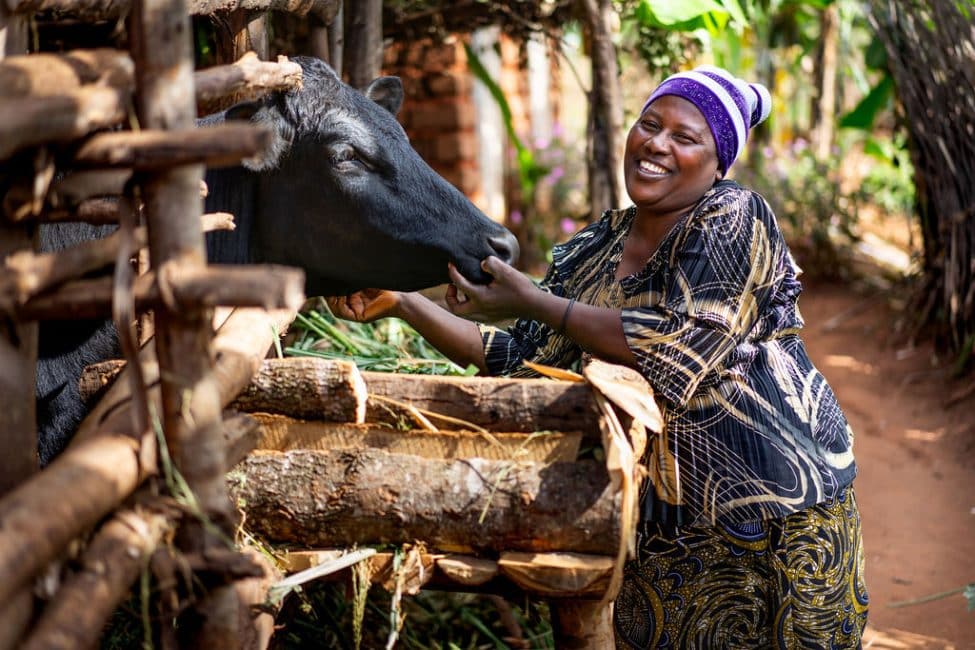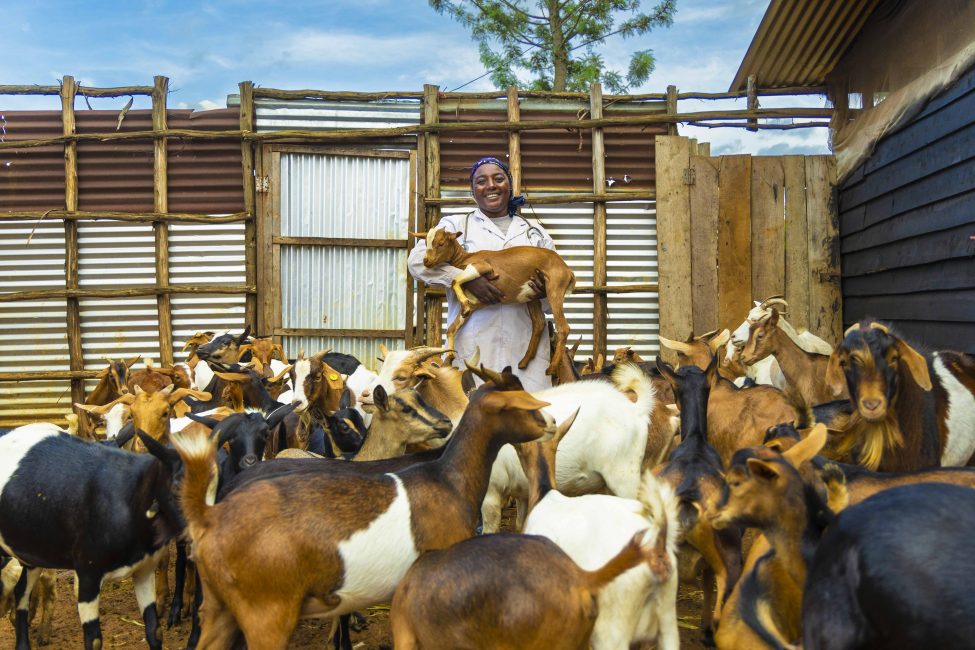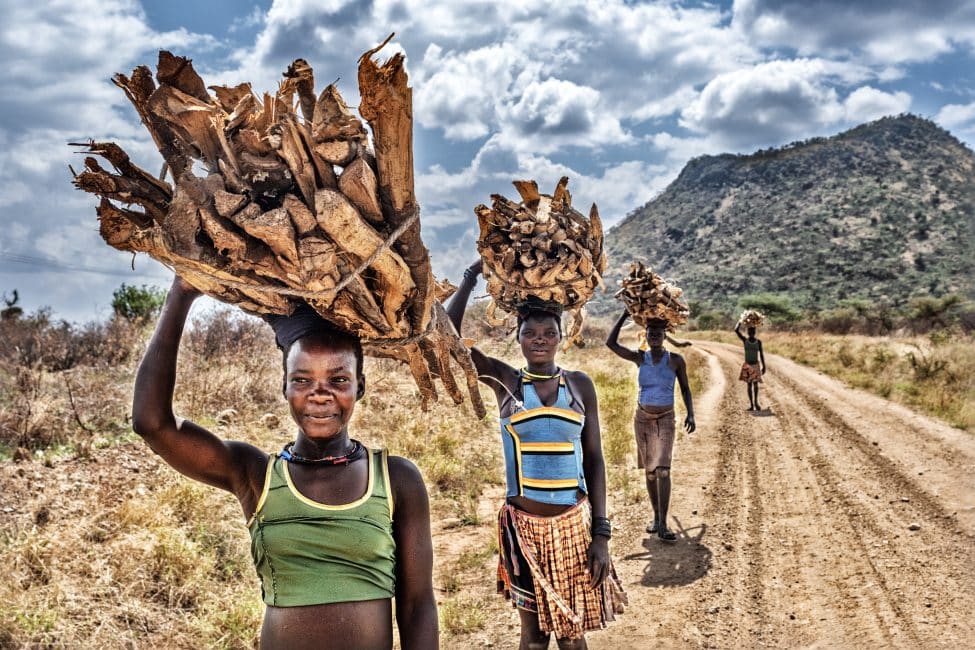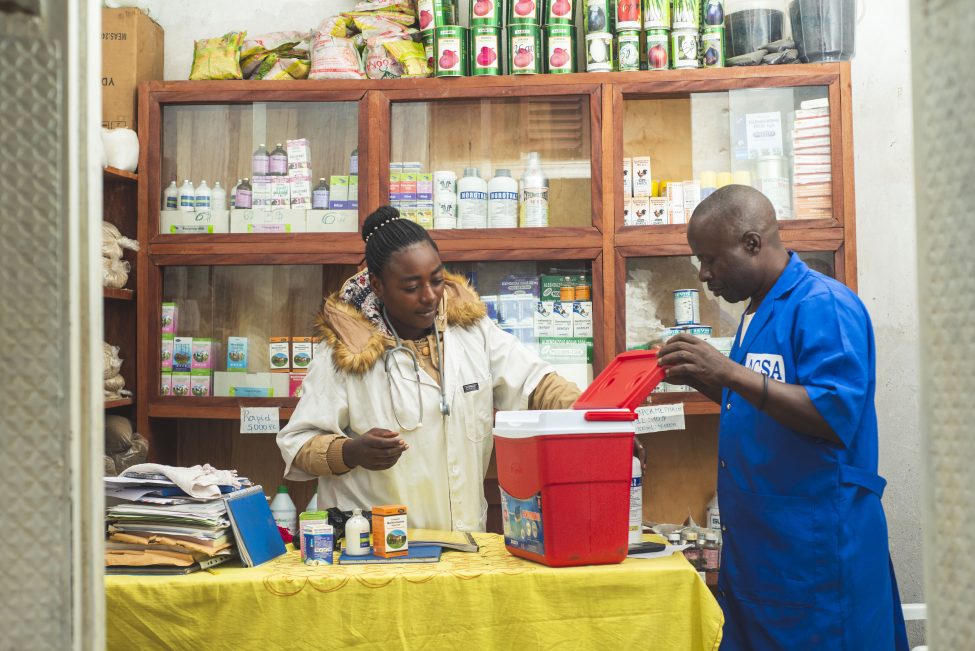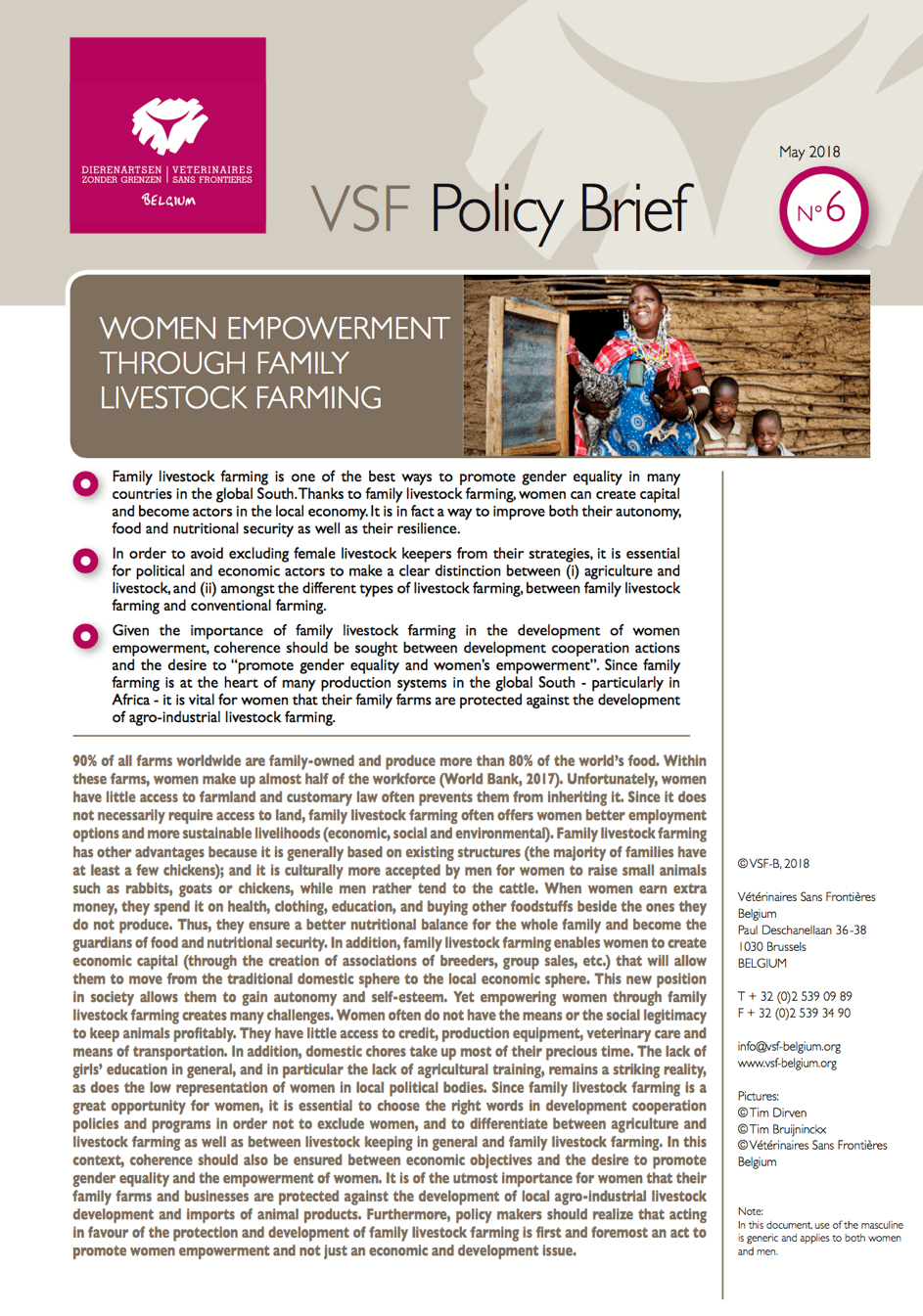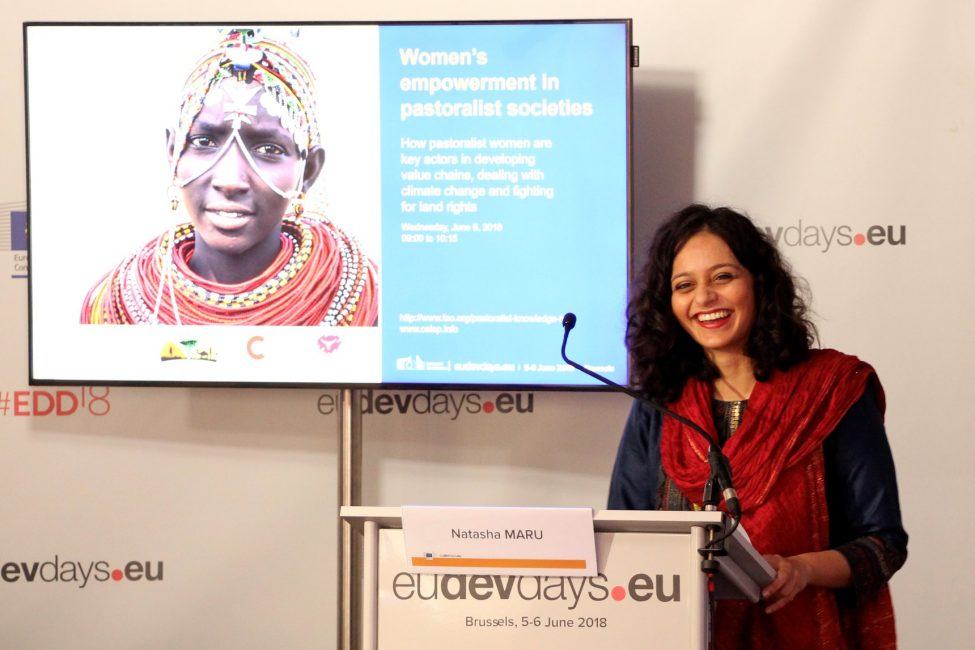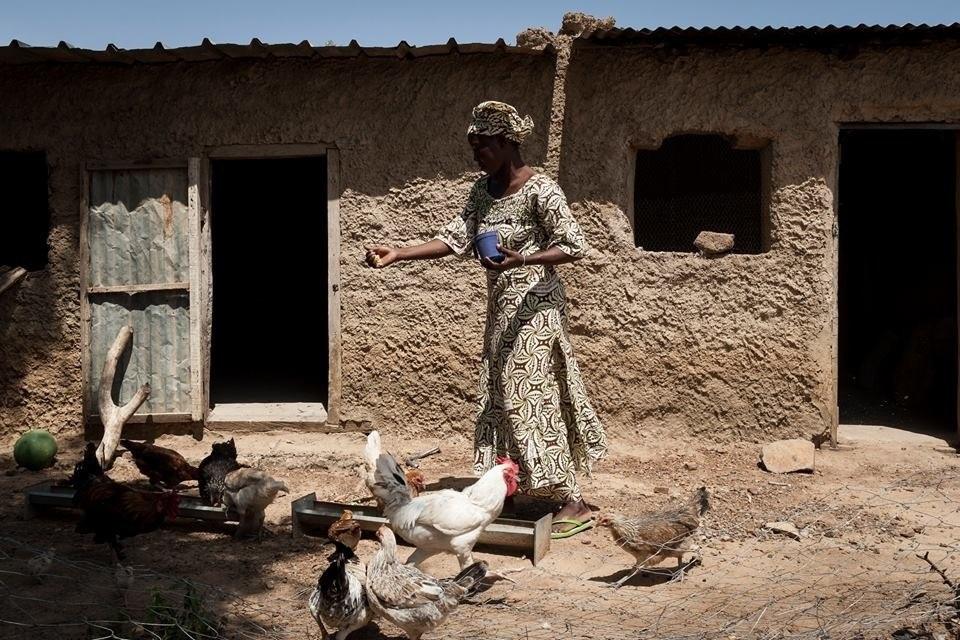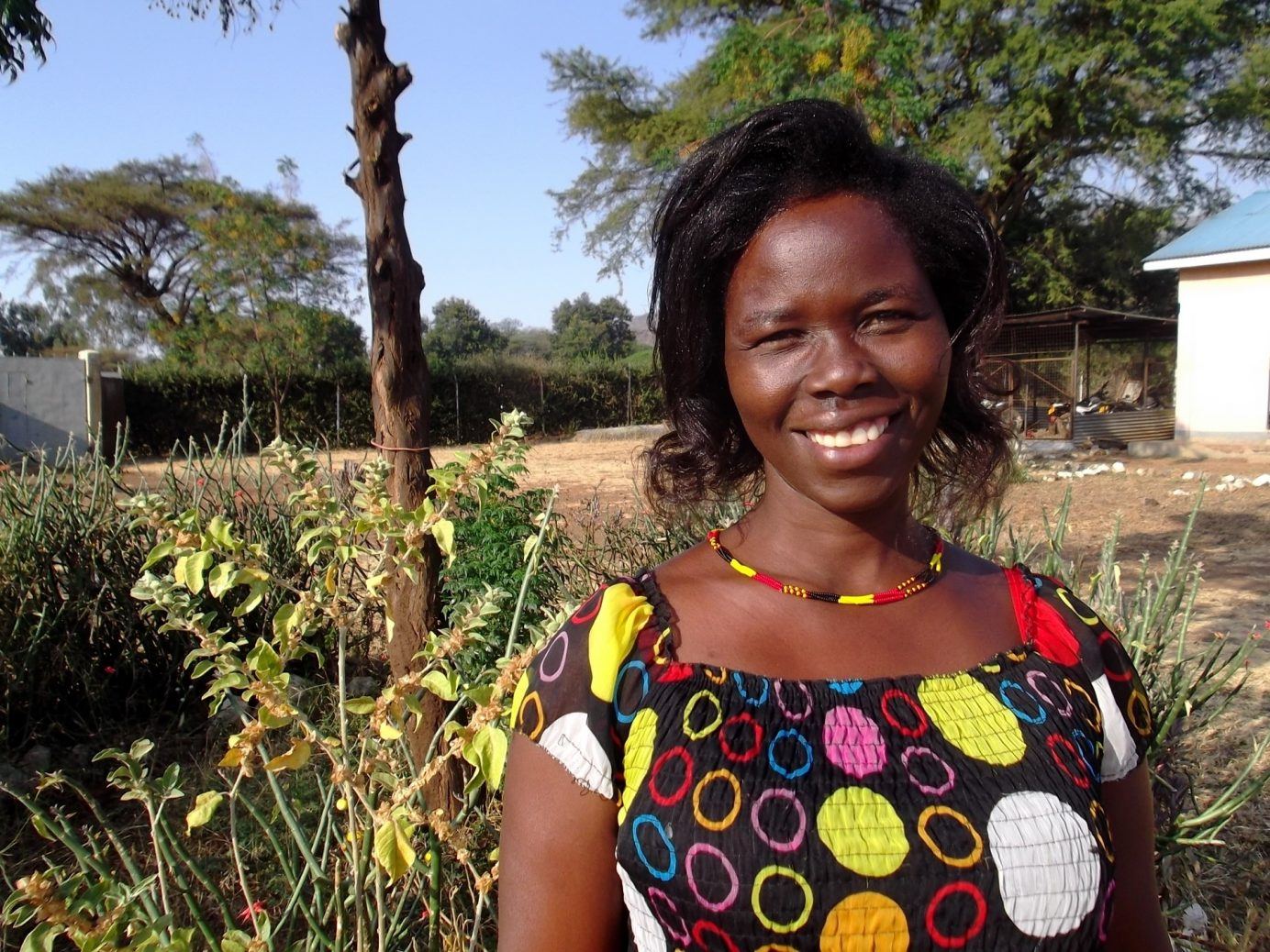In regions of Africa where livestock keeping forms the backbone of daily life, a goat, chicken or cow means much more than just food or trade. These animals are the building blocks of women’s economic independence, allowing them to strengthen their position in the community. Vétérinaires Sans Frontières Belgium contributes to this, both by providing animals for women who need them and by offering support and training. That is how these women gain the knowledge and resources they need to build a more sustainable future. Here are the stories of Marie-Rose, Justine and Minata.
Getting to know Denise, a model poultry keeper in Burundi
In rural Burundi, poultry keeping plays an important role in food security and economic security. This activity is often the preserve of women, permitting them to improve their social standing. But it is also an activity that requires knowledge and skill. Denise Kansuraheba’s career is living proof that, with sufficient training and some material assistance, poultry farming can become a highly profitable activity. The grandmother’s success means that she is now a role model in her community.
Livestock keeping: vindication for women in Burundi
Everywhere where we work, women are a priority group among our beneficiaries. Both single mothers and widows are often more exposed to precarity and, as such, they are identified by their communities as the first who should benefit from our activities. By distributing goats to women, we offer them the chance to put an often difficult past behind them. Livestock keeping, which is normally a male preserve, is also a way for them to emancipate themselves from the traditional status of women. We got to know two such women in northern Burundi.
The career path of a female vet in the eastern DR Congo
Dr Safi Ngomora’s daily life has changed considerably since she was selected to expand our veterinary network in Katana (South Kivu) in 2019. Just short of her 31st birthday, this young Congolese woman currently heads a network of 72 community animal health workers who care together for more than 3,500 people’s livestock in the eastern Democratic Republic of Congo. And she doesn’t intend to stop there! Meet a vet who is as inspiring as she is determined.
Hidden dimensions of the conflict in Karamoja
Pastoralists in Karamoja, Uganda, are suffering from conflicts. Several victims testify on how they are forced to search for ways to survive. From peace forums to micro-credit, Vétérinaires Sans Frontières Belgium guides them in their search for hope.
A network to protect animal health in South Kivu
Charline Nabintu and Safi Ngomora live in South Kivu in the east of the Democratic Republic of Congo. The two women have never met, but they have a lot in common. Despite the underlying insecurity, they have both chosen to devote their careers to animal health, serving livestock keepers in the region. Safi is a vet and Charline is a community animal health worker. This is a service of great benefit to society in a region where most of the population depend on livestock keeping for survival.
Policy Brief: Women empowerment through family livestock farming
In its sixth policy brief, Vétérinaires Sans Frontières Belgiums focuses on family livestock farming and its potential in ensuring rural women’s empowerment.
Conference on women’s marginalisation in pastoral societies
On 6 June 2018, we organised a session at the European Development Days about the role of women in pastoral societies. Read the full report and watch some pictures here.
Poultry as a stepping-stone to a better future for Malian women
By supporting local poultry farming in Mali, Vétérinaires Sans Frontières Belgium contributes to strengthening the leadership capacities of women.
“In the end, men and women face the same deadlines”
From the first moment I met her, I was impressed by her strong and energetic appearance. I am talking about Lucy Akello, the manager of MADEFO, local partner of VSF Belgium in Moroto district in Karamoja. For International Women’s Day, I had the opportunity to share a long evening talk with her about her own life, and about the role of women in Karimojong society. We were enjoying the cool evening temperature outside, surrounded by mosquitos, eating some succulent water melon while a kerosene lamp lightened up our conversation.

